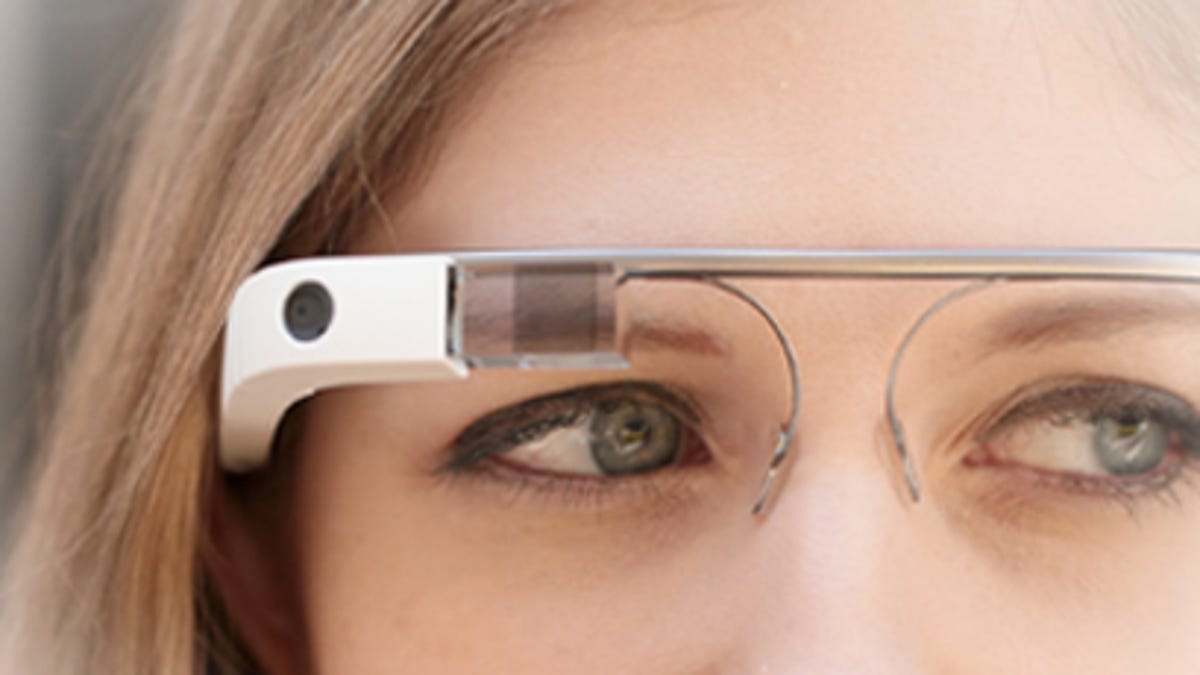Give Google Glass some breathing room
Glass is indeed an experiment, "a living debate on wearable tech," and much of that debate will center around what app developers do with the high-tech specs.

The technorati is consumed with Google Glass. For some it's Google's way of maintaining a hold on our data for at least another decade. For most geeks it's the coolest new technology since the Macintosh, which launched nearly 30 years ago. For others, Glass is a harbinger of a world deprived of privacy or it's a way to feed the insatiable Internet with live video and audio. Or it's like the Segway, an interesting and innovative technology that will become more of a curiosity over time.
Glass could be all or some of the above. But at this point, it's a technology demo that costs $1,500. The current iteration is aptly called the Explorer edition because that's what Google is doing with the fancy eyewear -- going where others have not gone before commercially.
I say commercially because many companies and academics have been working on similar kinds of ideas, but they haven't had the money, infrastructure, legion of PhDs or scale to fund such a grand and public experiment.
Steve Mann, of the University of Toronto, and author of "Cyborg: Digital Destiny and Human Possibility in the Age of the Wearable Computer," has been working on wearable computers for nearly two decades.
Google has a lot of self-interest in developing and evangelizing the Glass platform -- more data, more ads -- but that's the way new innovations come to market. A person or company is willing to make the investment in a vision for whatever reasons, and engages the public to see what inspired or dead-end paths the technology takes.
As our CNET reviewers found, Glass is indeed an experiment, "a living debate on wearable tech." And, much of that debate will center around what app developers do with the Glass technology.
It's early, but the app developer community seems jazzed by Glass and Google's backing, if not its control of the platform. Glass developer Mike DiGiovanni, for example, created the capability to just wink to snap a photo with Glass when the screen is turned off. That's sure to stimulate some discussion around Glass and privacy.
The venture capital community also sees Glass as half full, rather than half empty. Google Ventures, Andreessen Horowitz, and Kleiner Perkins Caufield & Byers jointly announced theformation of an investment syndicate to fund startups that will be part of a "Glass ecosystem."
At this stage, Google Glass is functionally rudimentary and cost prohibitive for the vast majority of consumers. Let's give it and the explorers some room to breathe, and see what it becomes.

